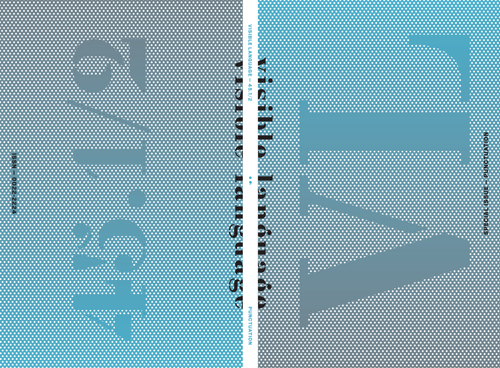Early-Modern "Speech" Marks
Abstract
The essay presents a revised history of the punctuation mark [ " ], drawn from the earliest communities who made it their own. By situating the development of [ " ] in its historical context, from first uses of the diple [ > ] by the Greek scholar Aristarchus, it explains how it was the general applications which persisted into the sixteenth century and beyond, before the mark finally settled into its modern use to enclose quotations. While literary and bibliographical scholars have suggested that emphatic marking was primarily attached to rhetorical figures as sententia, it is shown that printed marks were used by authors to achieve a rich variety of semantic effects and by their readers to create personal editions. Beginning with a modern comparison, the adoption of [ / ] as a new mark of punctuation for modern British drama, the essay explains how peculiarities in the deployment of [ " ] in sixteenth- and seventeenth-century texts—including works as central to the literary canon as Shakespeare's Hamlet—are situated at a transition point between a small or 'privy' group and what the Shakespeare folio called 'the great variety of readers.'Downloads
Published
2011-04-01
Issue
Section
Journal Article

